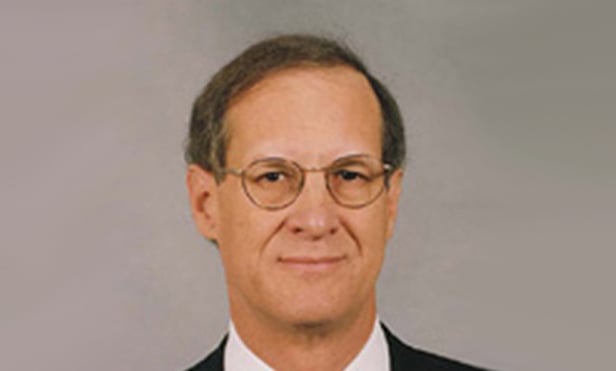
The 10-year has popped, and may go above 3% in coming months. There will very possibly be four Fed hikes this year. But we have to keep perspective. The 10-year has mostly hovered between 5% and 6% historically and the world did not end. Borrowing at 8% or 9% was not so uncommon years ago. In fact, for many years that was considered the norm. We have simply been spoiled for the past 10 years with historic low rates and cap rates. This period is not normal and needed to end, and everyone knew it. Anyone who acquired assets over the past year or two and counted on a continuation of ultra low rates and cap rates was just foolish.
Rates are still well below the norm and should continue to be below for at least another year or two, and maybe longer. It all depends on inflation. My view is inflation will continue to remain relatively low for several more years. Labor today is in many ways, and increasingly global. Many things we previously thought had to be done onshore, are now done offshore. This includes financial modeling, legal research, and even Google uses India as a base for its researchers for searches in many cases. The tax bill and the section which allows immediate write off of cap ex costs, has started a wave of tech upgrades at many companies which will lead to greater productivity not just in the factory, but in the office. AI is just in its infancy. Most companies have formed management committees to determine the best AI for their business. The problem at the moment is these people barely know what AI is and fewer know how to implement it. This will change quickly over the next 2-3 years, and AI will enter the workplace in a much more aggressive and effective way leading to less workers and much more productive workers.
The other real damper on inflation is online shopping, Not just Amazon and Walmart, but the ability of consumers and companies to price shop almost everything means a cost comparison that had been impossible prior to now. Price transparency is almost complete, so it is now very hard to raise prices much, if at all for many products. The ability to source products or supplies from anywhere in the world, just amplifies the downward pressure on pricing.
While there will clearly be wage inflation with the severe shortage of workers with skills, it will not get way out of control and will not force up rates by very much. Borrowing at 5% or 6% is still very good in terms of leverage on a deal where the unlevered returns are 8-10%. It is yet to be determined what real impact the limits on interest deduction will have, but probably not very much.on reasonably levered projects.
The much more important thing is, the overall economy is very strong, and will get even stronger, which means more demand for CRE. 3% GDP growth now seems very likely, and the Atlanta Fed is projecting 5.4% which would be extraordinary. The banks are in excellent shape and able to lend for years to come. The coming consolidation of smaller banks will also make CRE loans more accessible as Dodd Frank rules are eased. The overall deregulation now underway will make getting a project to market far easier, except in CA and maybe NY. The coming infrastructure program will get implemented in some fashion, and there will be various rail and road projects which create new transit oriented opportunities.
If a deal hinges on rates staying close to where they had been, then the deal makes no sense. You have to at least project rates could be as much as 8% in a few years when you go to exit. If he deal does not make sense under that scenario, then maybe you need to reconsider the project, or find ways to cut costs. Rate alone should never be the determinant factor in a deal as they are unable to be forecast with any level of accuracy over five years, and there is nothing you can really do about it.
With the stock market still on a upward roll, the infrastructure program to come, and fiscal policy helping juice growth, and consumers feeling historically optimistic, CRE should have a good rune ahead. Republicans will keep control of the House in November with the economy doing so well, and the revelations about how the Democrats colluded to try to get Trump, now out, and more to be out in the next few months. The good times are here even if rates do rise.
Want to continue reading?
Become a Free ALM Digital Reader.
Once you are an ALM Digital Member, you’ll receive:
- Breaking commercial real estate news and analysis, on-site and via our newsletters and custom alerts
- Educational webcasts, white papers, and ebooks from industry thought leaders
- Critical coverage of the property casualty insurance and financial advisory markets on our other ALM sites, PropertyCasualty360 and ThinkAdvisor
Already have an account? Sign In Now
*May exclude premium content© 2025 ALM Global, LLC, All Rights Reserved. Request academic re-use from www.copyright.com. All other uses, submit a request to [email protected]. For more information visit Asset & Logo Licensing.








